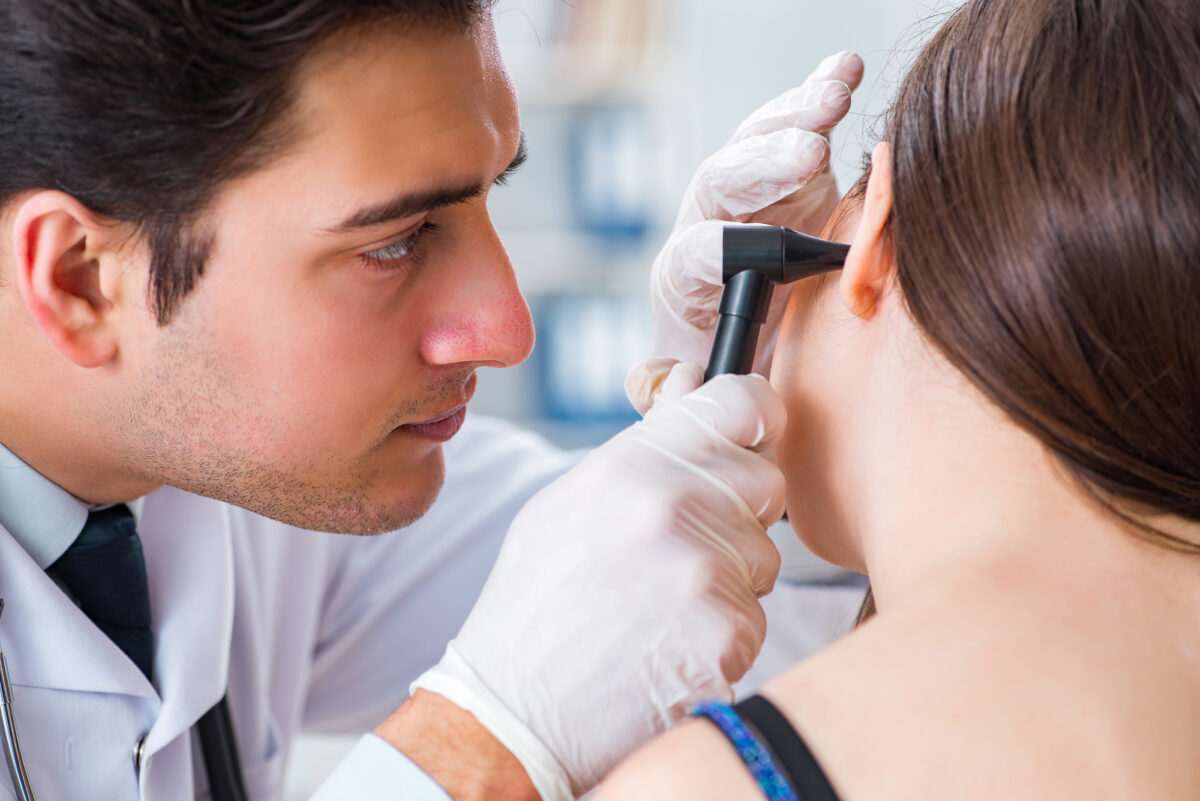New studies have concluded that people with diabetes are twice as likely to be affected by hearing loss than people their same age that don’t have diabetes. Beyond that, between one out of every three or every four people in the U.S. are considered pre-diabetic.
That means around 100 million Americans will be diabetic within a decade unless they change their habits and lifestyle. And the risk that these people will suffer from hearing loss is increased by 30% compared to those with normal glucose levels.
Currently there is no cure for either diabetes or hearing loss. Both conditions are permanent and irreversible. But it is perfectly simple to live a normal fulfilled life with either condition so long as proper care is kept up. Awareness is key.
Hearing loss is also one of the most common health problems we face as a society. More than 37 million Americans live with diabetes and between 35 and 45 million Americans live with hearing loss. It is now becoming increasingly clear that a significant percentage of these groups overlap and many people suffer from both conditions simultaneously.
Researchers can not yet say precisely why this connection exists, but there are strong hypotheses. Diabetes means that your pancreas chronically fails to produce enough insulin to adequately regulate your level of blood sugar. This increased glucose level in the blood gradually damages your kidneys, heart, eyes, and even your hands and feet. The stress of its increased viscosity also distresses your blood vessels and nerves and this is how specialists believe the damage to hearing happens.
We hear thanks to the abundance of minuscule blood vessels and nerves in our inner ears. Even the smallest harm to these throws off the mechanics on which our hearing depends. These tiny hairs move in response to sound waves and vibrate against our eardrums. From here a signal is sent basically immediately to our brains to decode the signal and assign it motive and meaning. Our senses of orientation and balance depend on the smooth operation of this delicate system. The system is so delicate and precise that even something as small as a slight variation in blood viscosity threatens to throw the whole thing off.
Hearing Loss Can be Tough to Even Recognize is Happening
Except in the rarest of tragic cases, hearing loss comes on so gradually that it is practically impossible to realize that it is happening. Most often it is up to friends and family members to recognize its symptoms and piece together what is causing it.
Sometimes people first find it more difficult to make out the words of women and small children. People often think that others are mumbling and they fail to notice how often they have started asking people to repeat themselves. People suddenly find it more difficult to follow a conversation with two or more people, especially in public spaces with background noise. These are all early warnings of hearing loss, but most people are more likely to adapt their behavior without even doing so than they are to comprehend that this sense that they have lived with ubiquitously their whole lives is diminishing.
It can be an awkward conversation to tell someone that you suspect maybe their hearing is going. Not everyone has people in their lives that are willing to do that. And that is why regular hearing exams are so important, especially for anyone with diabetes or pre-diabetes.
Take Appropriate Action
Failure to treat either diabetes or hearing loss will significantly harm your overall quality of life. This is why it is vital to pay particular attention to one of these disabilities if you know that you suffer from the other. Hearing loss could be a sign of diabetes. And if you have diabetes make an appointment with one of our trained specialists today. Inform them of your diabetes as it will change the treatments that they prescribe you.
There is no good that will come from putting it off even one day. Every aspect of whatever is troubling you is easier to address today than it will become. Protecting your quality of life is worth the time and investment.

